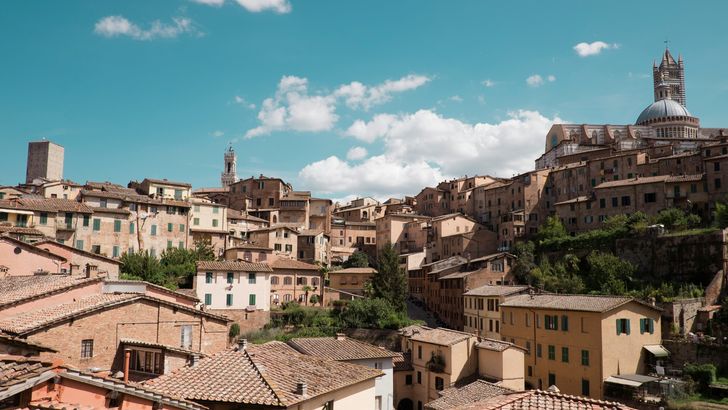As a Mexican immigrant living in the States, I’ve seen enough to know that the world we live in is less like a globe and more like a ball of yarn, with so many intertwined threads it’s hard to tell beginning from end. Take avocados, for example. They’ve run such a long thread in the history of their knuckled alligator skin, yet people at differing intervals on the thread vary in their knowledge of the fruit's (it's a fruit) origins. If you grew up watching the Super Bowl with a large bowl of chips and guac in front of you, the furthest back you might be able to trace the avocado’s origin is Whole Foods, and even that is a long way to go for some. However, if you grew up in Mexico, like I did, you might be able to pinpoint the exact region where your indigenous ancestors planted avocado trees, but even then you still might not know that the word avocado derives from the Aztec ahuacatl, which are certain members of the male anatomy (true story).
Simplifying the cultural transcendence of avocados to a mere green mush in a bowl might not have significant repercussions (unless you’re die-hard food historians), but this is just an inane, banal, micro-example of a reality we live today. You see, with the displacement of ideas, people and turmoil due to globalization, a nebulous complexity ensues as many perspectives are opened to us. This movement of ideas and people weans us from the stultified comfort of our homogeneity, which is often an uncomfortable process. Often, in the sweep of all the beliefs, ideologies, cultural practices and lifestyles that counter ours, it seems harder to hold onto something solid. So we turn the complex ball of yarn back into a stolid, straightforward globe. In our attempts to do everything in our power to prevent the displacement of our norm, we use our instinctual penchant for categorization in the service of prejudice. And what begins as a self-protective, knee-jerk reaction becomes a ripple effect that harms others. It is not until we see the harmful dynamics of these self-preserving acts at play that we realize why it matters that we adopt a different way to approach the way our norms are challenged by those who are different from us.
One of the most public displays of our acts of self-preservation has been the fear-mongering that pervaded the 2016 elections. I’ve joined the indignant ranks of some Mexicans (many others are simply amused) who have been reduced to rapists and drug dealers by the words of a figurehead of power, words that only lingered in the air for seconds, yet have haunted us for months. It boggles me that the long, fraught history between the U.S. and her sister Mexico has been reduced, in a single second, to a few derogatory terms that now define, in the minds of many Americans, what Mexico is. Throughout these elections, not only Mexicans, but Muslims, African Americans, women, and many other groups in the international community have been simplified out of prejudice; the cartoons they have been transformed into would be absurd, were it not for the undertone of fear that, in a moment of panic, renders these cartoons as rational, even expected.
Instead of using their power to spark in-depth conversations that invite us to approach the unfamiliar with curiosity and respect, figures of influence have taken advantage of the power of simplification to reduce rational, autonomous human beings into fearful, angry creatures.
What I’ve learned by observing these self-preservation behaviors and attitudes is that we need to find better ways to approach the wild freedom and variety of the huge world that meets us head-on in our everyday lives. We need to find better ways to live that allow us to be fully human—fully engaged in our society, and yet fully grounded in a system of beliefs and paradigms that shape our identity.
There are three characteristics that I have found helpful in my journey towards fuller engagement and stability:
Being Honest
Being honest entails asking yourself what makes you so afraid of how someone else’s worldview will affect yours. Is your self-preservation stemming from fear that your convictions aren’t strong enough to withstand someone else’s opposition, or to coexist with someone else’s worldview? Does the presence of an antithesis to your beliefs show you something about your beliefs you realize you’re uncomfortable with, but don’t want to change? When I came to the U.S. as an international student from Mexico, I started learning about the structural inequalities that keep injustice in place. I started learning that my existence as a Mexican immigrant in America boiled down to a single word I had never before used to identify myself: “Hispanic.” I resented being reduced to this term, and being reduced to a month of “Hispanic Heritage” when my whole life is “Hispanic Heritage.” I started thinking of all the ways I am more American than some people who want me to go back to the country from which I come and pointed out to them that a huge chunk of the United States used to belong to Mexico. I carried this righteous anger for a while, until a fellow student from Guatemala explained to me that some Guatemalans resent Mexico for taking the land of their Mayan ancestors, and that when people from South American countries migrate to Mexico, many Mexicans treat them like dirt. As much as it pained me to admit it, I realized Mexico was to many South American countries what the U.S. has been to it. I then had to examine the ways in which my identity contributes to oppression as much as it might be victimized by prejudice.
Being Curious
To me, being curious has meant understanding that there is a wild freedom to the world, an infinite array of possibilities, from the mutations in our DNA strands to the unpredictable ways the chemicals we use affect our environment. It has meant understanding that there are many willpowers at play in the world. Whether you believe in a God whose will is done in the world or not, you still have to contend with your neighbor’s will to set off his sprinklers in the morning while you’re trying to walk out of your house in your carefully-ironed work clothes. In the end, there are many wills, good and bad, that you cannot control, but instead of seeing the endless possibilities as threats, curiosity can help us see them as teaching opportunities, or adventures, to show us all the many things we don’t yet know.
Being Brave
Having the right attitude to engage with new perspectives requires courage, and perhaps a little measure of faith. One of my former classmates recently wrote an article in which he, as a Trump opposer, compassionately steps into the shoes of the Trump supporters who will elect him, not out of racism, but out of desperation. The blue collar workers who are being displaced from an ever-changing industry they are not equipped to maneuver in. The men and women who fear not being able to pay bills or feed their children because they don’t have jobs, and then there comes a man, a businessman and a millionaire, who belts out their anthem of hope. It is a terrifying thing, not being able to feed your children, not knowing what the future brings. It’s harder to vote for a socialist candidate who talks about equality for everyone else but you, or at least that’s what it seems like to you, because he’s going to take the longer road towards the benefits, and you don’t want the longer, more nuanced, road. You want the road that’s quick and straightforward like the bullet-words of the billionaire who speaks them. Being brave requires looking beyond your immediate needs to something bigger. In that sense it requires so many other things—enough faith to believe there is something bigger, enough hope to believe it’s possible, and enough selflessness to care about something bigger than yourself.
When all is said and done, changing our perspectives is long, arduous work. The desire to engage has to compete with the urgency of our daily lives. The desire to find depth and meaning to the world has to be stronger than our surface-level culture.
This is why, whether we’re dealing with avocados or presidential elections, we can’t just sit back and expect world peace to come. Finding peace, finding stability and relationality is an active process, and we’ll fail many times before we succeed. We have lives to live, children to feed, exams to take, jobs to find. When do we have time for introspection? How do we manage to look at the neighbor’s worldview when our daily lives are a narrow tunnel that doesn’t invite us to look anywhere else but doggedly onward?
Whenever I don’t have enough strength for these questions, I simply look at the news. Priests being beheaded, eighty people shot dead in a day as though their lives were weightless, blown away so easily, innocent people killed and accused on the streets because of the color of their skin. Perhaps it’s impractical to trade surface for depth, simplicity for complexity, in our fast-paced world. But looking at the news, I think to myself, if these difficult trade-offs are what it takes to make these bleeding wounds on the skin of the world heal, then these trade-offs are worth it.







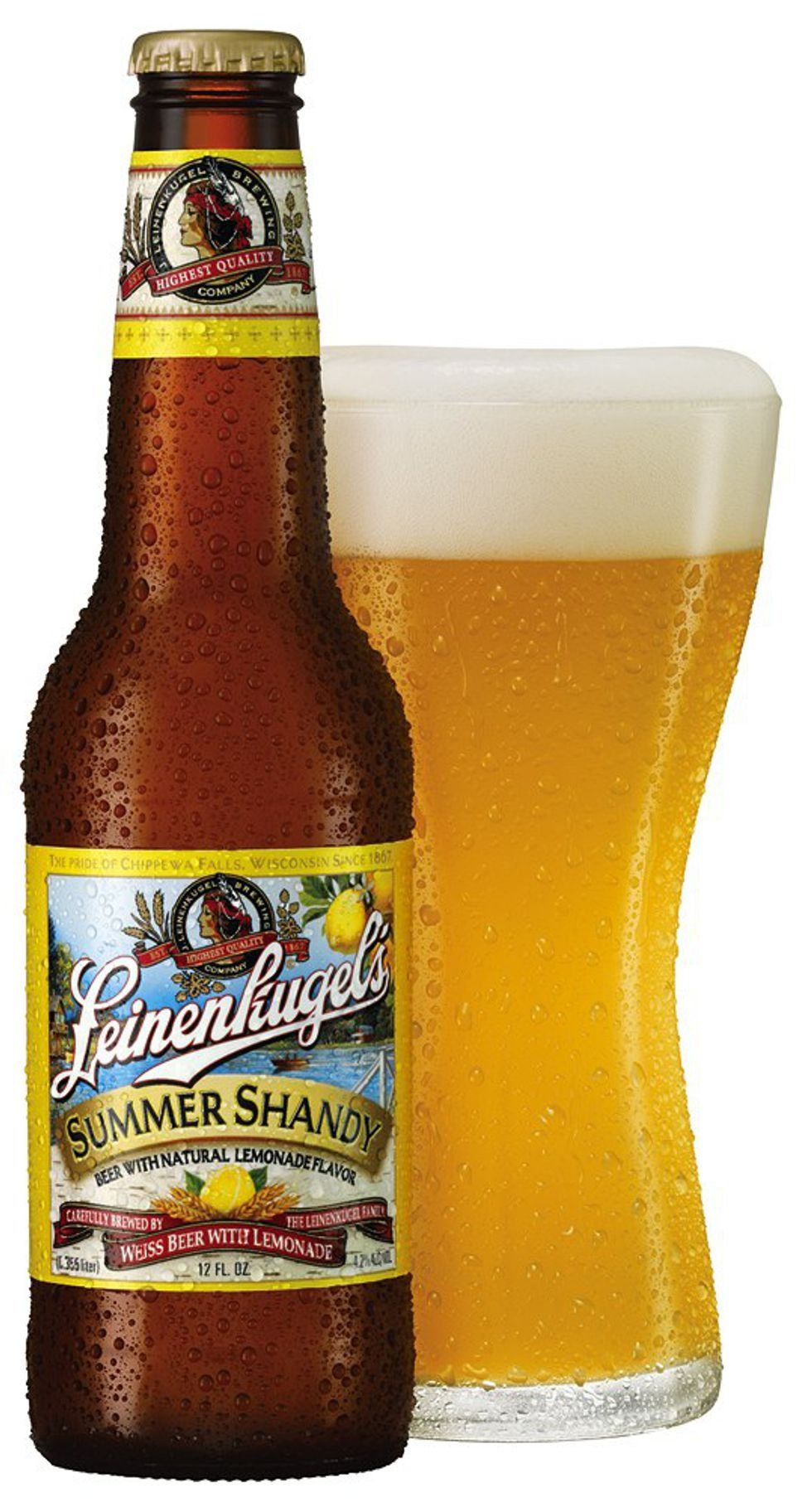
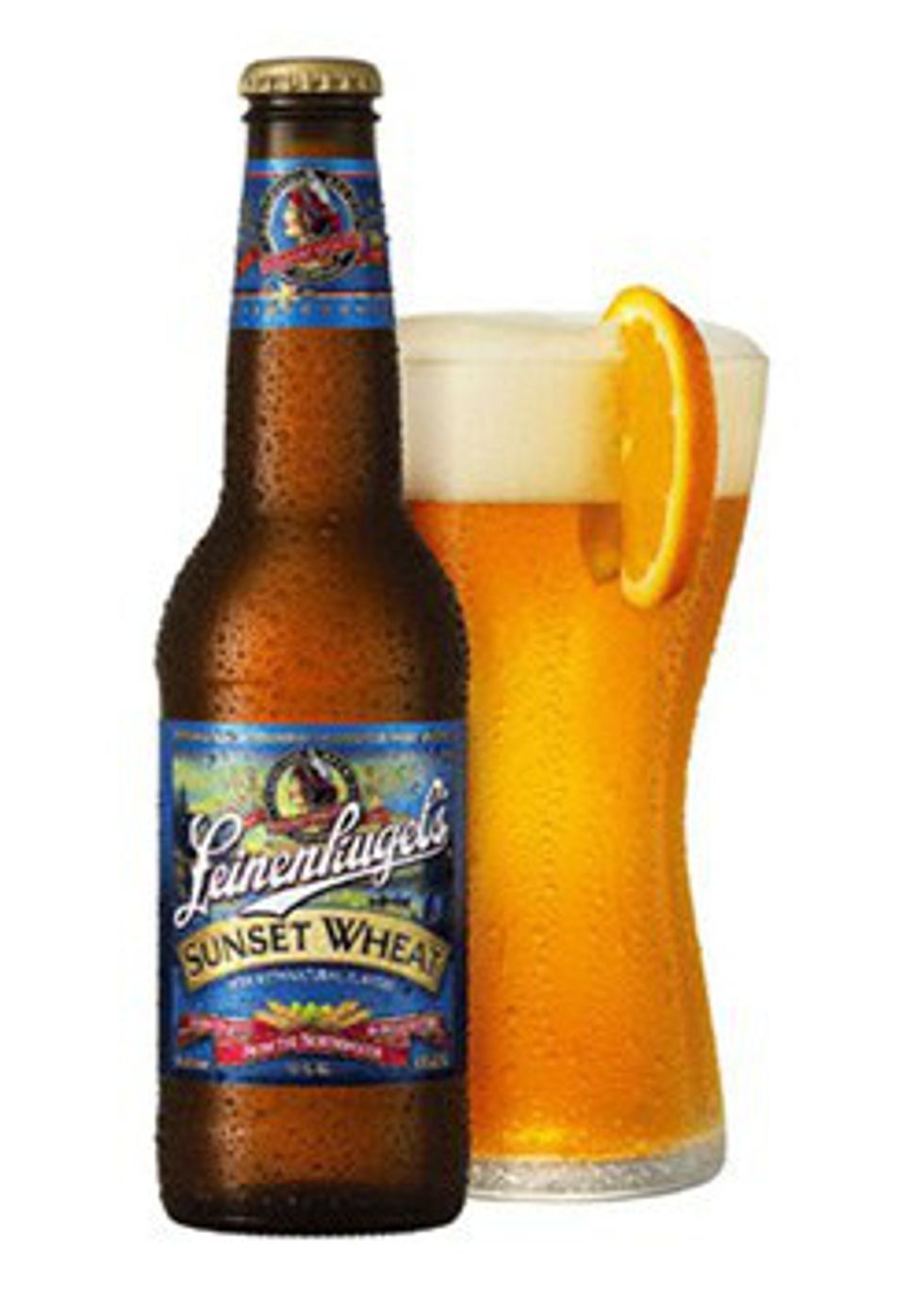




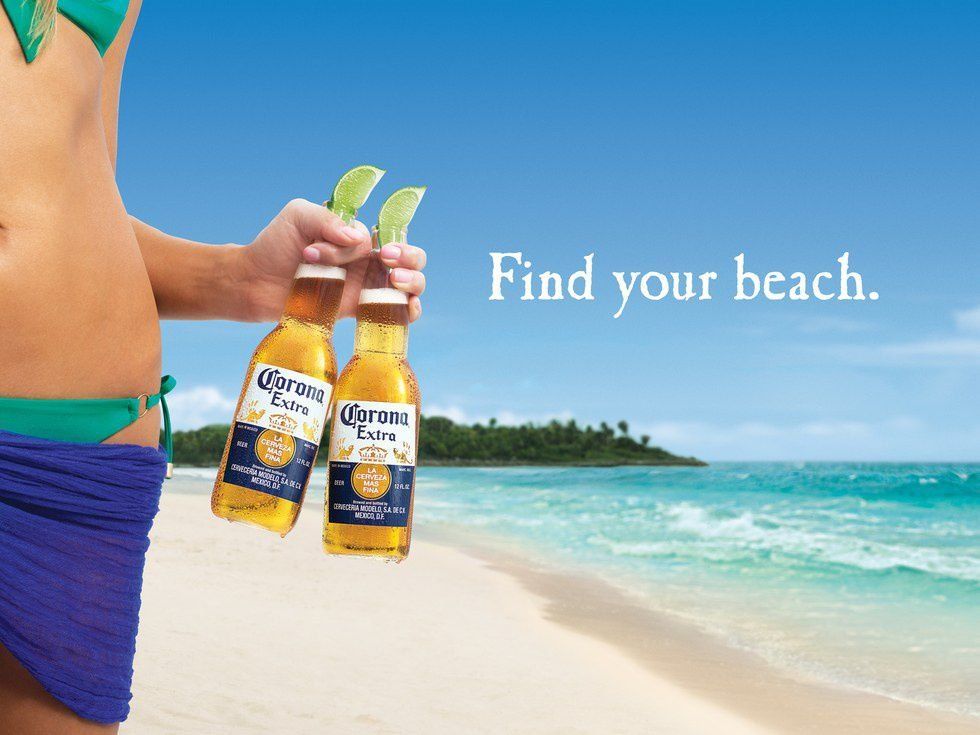

 Photo by
Photo by  Photo by
Photo by  Photo by
Photo by  Photo by
Photo by  Photo by
Photo by  Photo by
Photo by  Photo by
Photo by 


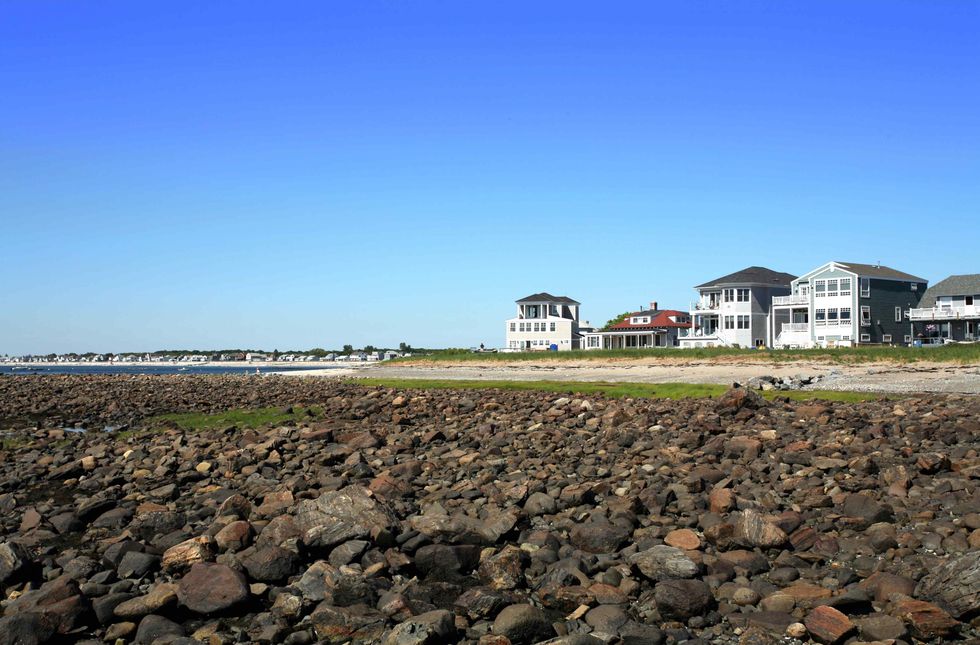 File:Hampton Beach, New Hampshire - low tide - panoramio.jpg ...
File:Hampton Beach, New Hampshire - low tide - panoramio.jpg ... fire on fire pit during night time
Photo by
fire on fire pit during night time
Photo by 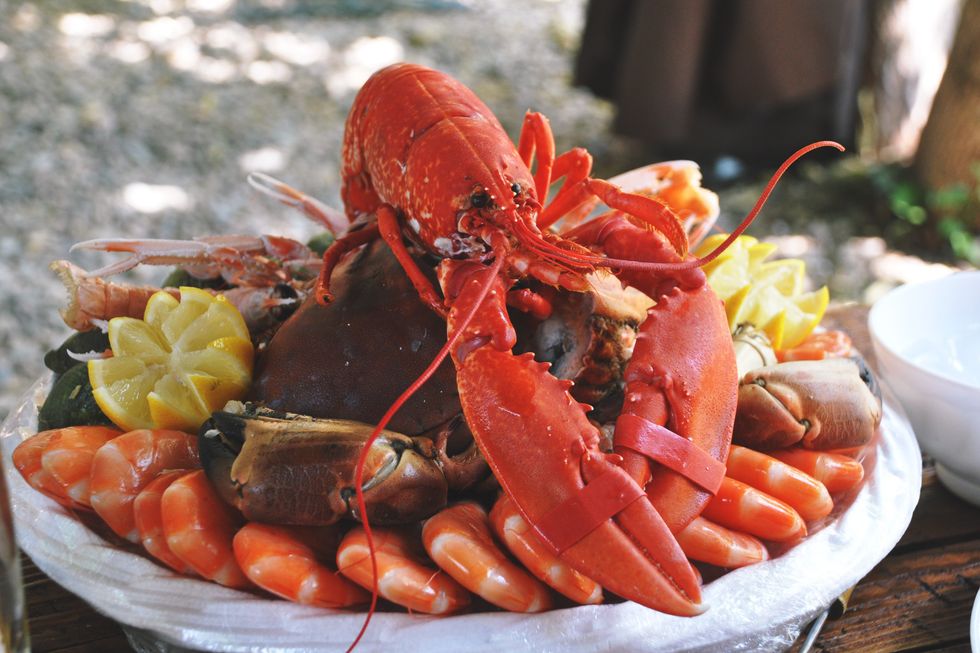 Free Images : american lobster, dish, new england clam bake ...
Free Images : american lobster, dish, new england clam bake ... vanilla flavor ice cream with chocolate syrup
Photo by
vanilla flavor ice cream with chocolate syrup
Photo by  File:Celebrity Silhouette (ship, 2011) 002.jpg - Wikimedia Commons
File:Celebrity Silhouette (ship, 2011) 002.jpg - Wikimedia Commons







